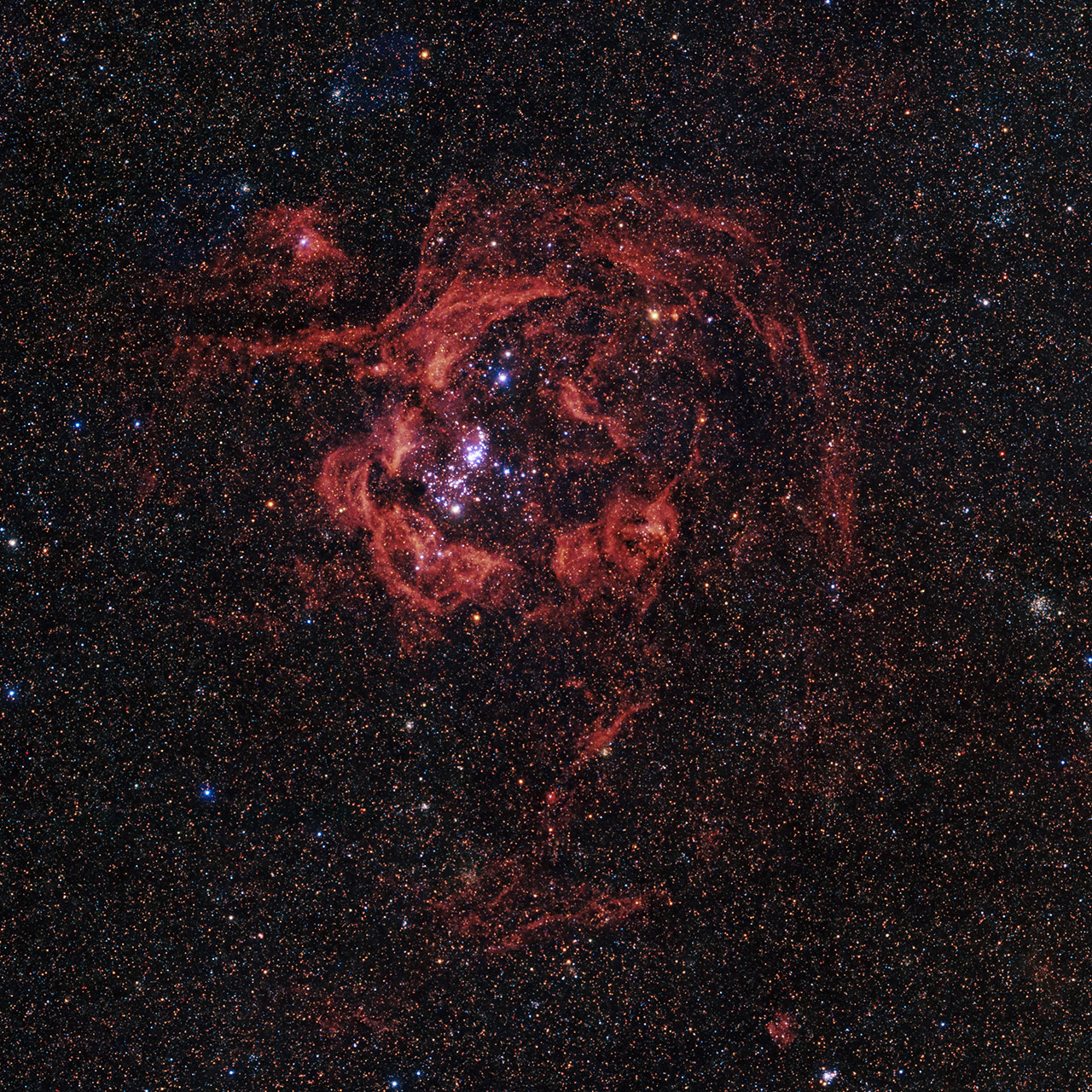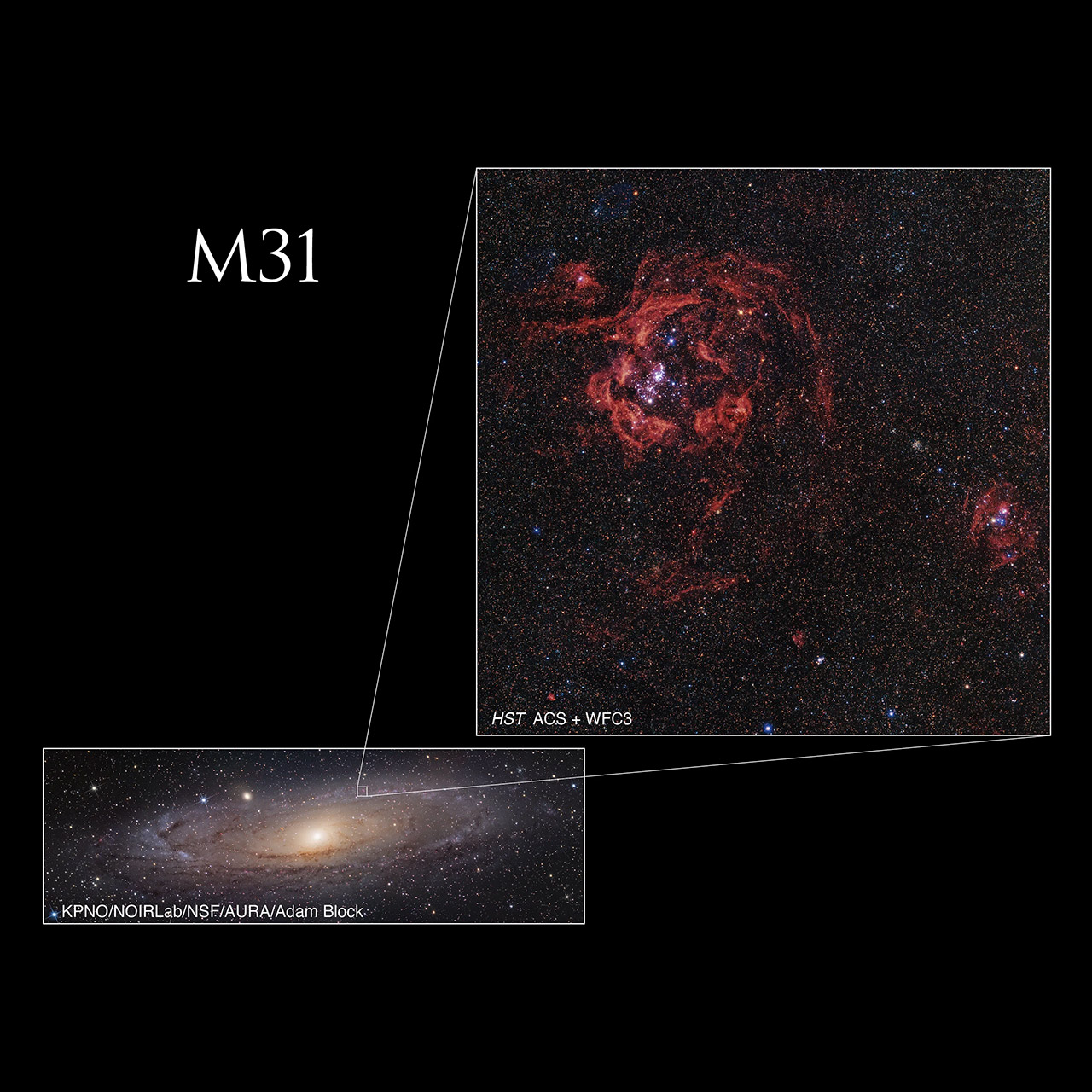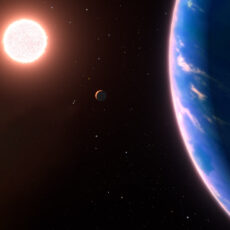
NASA / ESA’s Hubble Space Telescope captured this mesmerizing image of the Andromeda Galaxy’s red tendrils. It’s also known as M31 and located 2.53 million light-years from Earth, measuring approximately 152,000 light-years across with nearly the same mass as our home galaxy.

Astronomers believe that Andromeda is headed for a collision with the Milky Way in 2-4 billion years, but for now, it remains an object of study for many. The tendrils you see here are found in the northeast and reveal swathes of ionized gas. These regions usually indicate presence of recent star formation, an event that excites the surrounding hydrogen gas, flourishing it into a star-studded, rose-colored light show.
- NASA rocket model kit – Launch into a creative project with the LEGO Icons NASA Artemis Space Launch System model building project for adult space...
- What’s in the box? – This creative building set includes everything you need to craft a multistage rocket with 2 solid-fuel boosters, an Orion...
- Features and Functions – This NASA-themed rocket model features retractable launch tower umbilicals, rocket support and crew bridge, detachable...

Scientists probed Andromeda’s spiral arms using Hubble’s Advanced Camera for Surveys (ACS) and Wide Field Camera 3 (WFC3) to analyze the collection of stars buried in its cosmic bouquets. With ACS and WFC3’s wide spectral coverage, Hubble could peer through the hedges of gas and observe a valuable sample of these stars,” said the NASA Hubble Mission Team.













